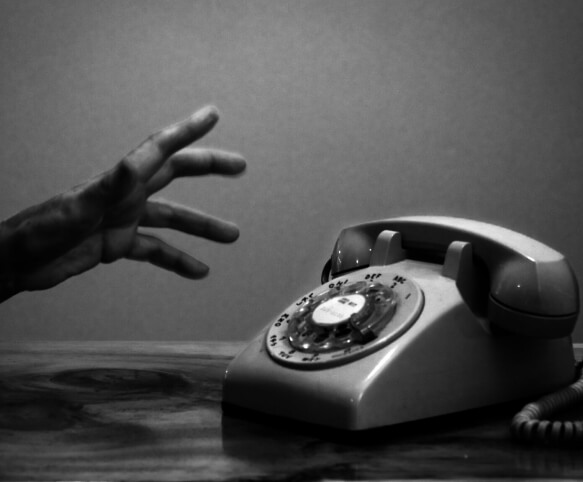
Understanding Addiction
At Healthy Sandwell, we understand the intricate relationship between mental health and addictive behaviours. This page is designed to provide insights, guidance, and resources to empower individuals in understanding, addressing, and overcoming addictive patterns while prioritising mental
well-being.
Addictive behaviours often arise from many different factors. Recognising the connection between addiction and mental health is crucial for developing effective strategies for recovery.
Common Addictive Behaviours
Substance Abuse
- Alcohol
- Prescription Medications
- Illicit Drugs
Behavioural Addictions
- Gambling
- Internet and Gaming
- Compulsive Shopping


The Link Between Addiction and Mental Health
Addiction and mental health often go hand in hand. Individuals may turn to substances or behaviours as a way to cope with underlying mental health issues such as anxiety, depression, or trauma. Conversely, addictive behaviours can contribute to the development or exacerbation of mental health challenges.
Signs and Symptoms
Understanding the signs of addictive behaviours and their impact on mental health is the first step towards seeking help. Common indicators include:
- Changes in mood or behaviour
- Neglect of responsibilities
- Social withdrawal
- Failed attempts to quit or cut back
Taking Steps Towards Recovery
Seek Professional Help:
A mental health professional can provide personalized assessment and treatment plans, addressing both addiction and mental health concerns.
Holistic Approaches:
Incorporating holistic approaches such as mindfulness, meditation, and exercise can contribute to overall well-being.
Support Groups
Joining support groups can provide a sense of community and shared experiences, fostering a supportive environment for recovery.


Resources for Support
Black Country Mental Health Helpline
Reach out for immediate support and guidance, available 24/7 at 0800 008 6516.
Healthy Sandwell
Access mental health resources and guidance for a comprehensive approach to wellbeing.
Check out our pages on:
Breaking the Cycle
Recovery from addictive behaviours is a journey, and seeking help is a courageous first step. By understanding the the link between addiction and mental health and accessing available resources, individuals can embark on a path towards healing, resilience, and lasting recovery. Remember, you are not alone, and support is available. Start your journey towards a healthier, more balanced life today.
Internet Addiction
We recognize the importance of fostering a healthy relationship with technology. This page is designed to provide insights, practical tips, and resources to help individuals understand and manage internet addiction for overall wellbeing.
Understanding Internet Addiction
Internet addiction, or problematic internet use, refers to excessive or compulsive use of the internet that interferes with daily life. It can manifest in various forms, including:
Social Media Addiction
- Excessive time spent on social media platforms, impacting real-life relationships and activities.
Online Gaming Addiction
- Compulsive gaming that interferes with work, school, or social obligations.
Cybersex Addiction
- Excessive engagement in online sexual activities, impacting personal relationships.
Information Overload
- Constantly seeking and consuming online information to the detriment of other responsibilities.
Signs and Symptoms
Excessive time spent on social media platforms, impacting real-life relationships and activities.
Loss of Control
- Inability to control the amount of time spent online.
Neglect of Responsibilities
- Decline in work or academic performance due to excessive internet use.
Escapism
- Using the internet as a way to escape from real-life problems or emotions.
Withdrawal Symptoms
- Irritability, anxiety, or restlessness when unable to access the internet.
Impact on Mental Health
Internet addiction can have significant implications for mental health, contributing to:
Anxiety and Depression
- Excessive online activity can exacerbate or contribute to mental health challenges.
Social Isolation
- Reduced face-to-face interactions may lead to feelings of loneliness.
Sleep Disturbances
- Excessive screen time, especially before bedtime, can disrupt sleep patterns.
Tips for Managing Internet Addiction
Set Boundaries
Establish specific times for internet use and create designated tech-free zones in your home.
Digital Detox
Periodically disconnect from the internet to recharge and focus on offline activities.
Seek Support
Talk to friends, family, or a mental health professional about your concerns and seek support.
Time Management
Use productivity tools to manage time spent online and set limits on certain activities.
Resources for Support
Black Country Mental Health Helpline:
Access immediate support and guidance, available 24/7 at 0800 008 6516.
Internet and Technology Addicts Anonymous
Offer free online meetings for people who are struggling with their social media and/ or internet usage. They are all online (via zoom) meetings so people can access virtually and meetings are available in a range of languages!
Empowering Digital Wellbeing
Balancing the benefits of the internet with mindful usage is essential for overall wellbeing. By recognizing the signs of internet addiction, setting boundaries, and accessing available resources, individuals can foster a healthier and more balanced relationship with technology. Remember, you have the power to take control and create a digital environment that enhances, rather than hinders, your life.